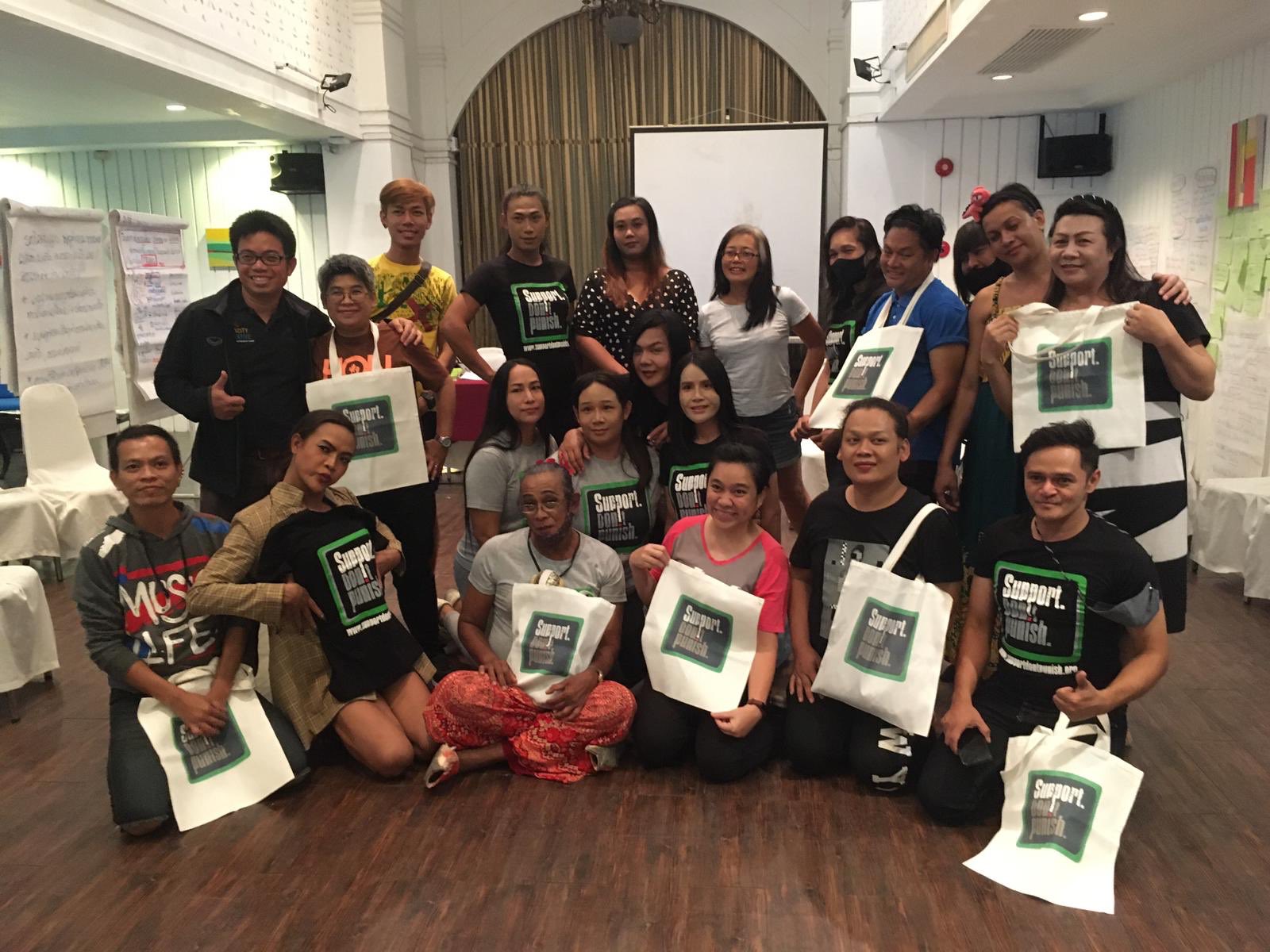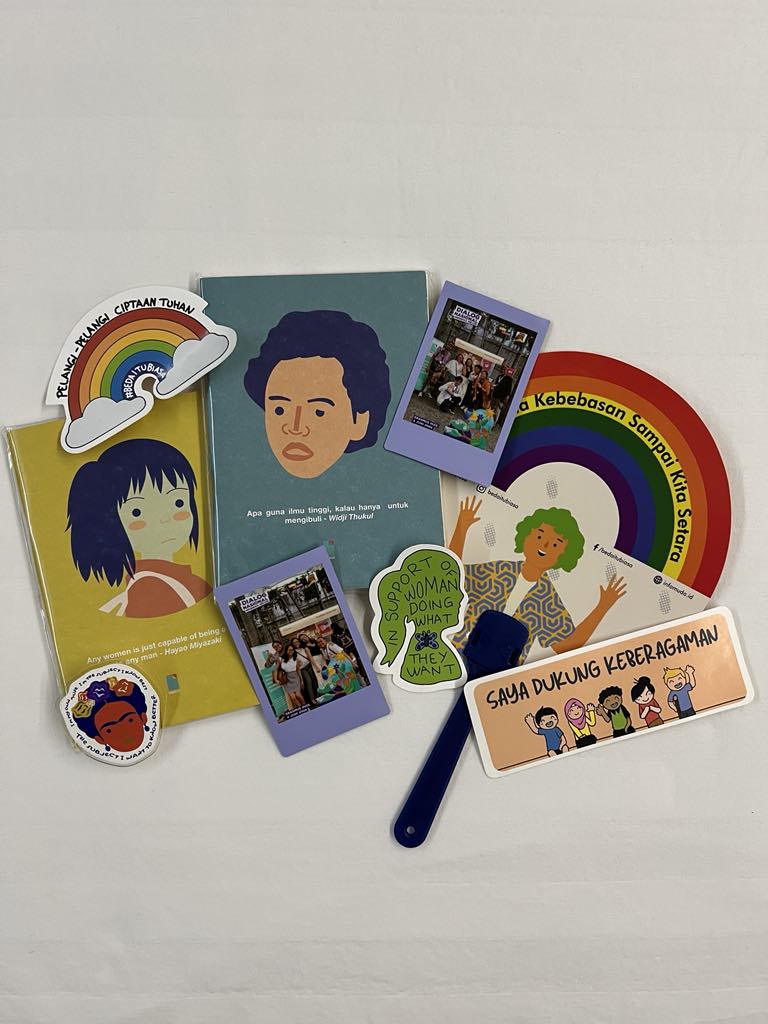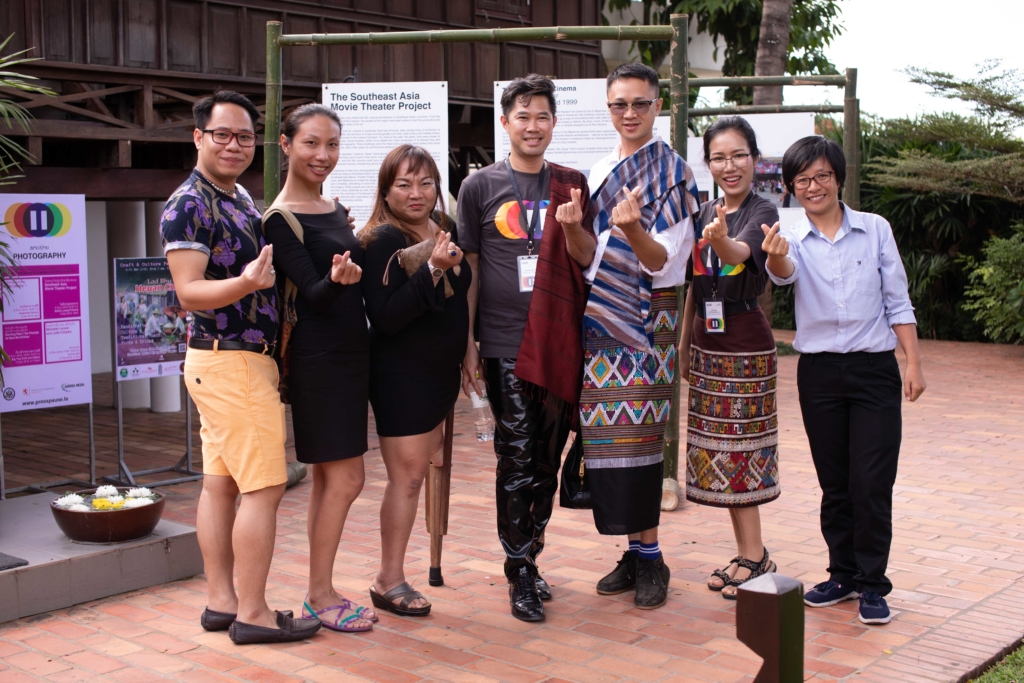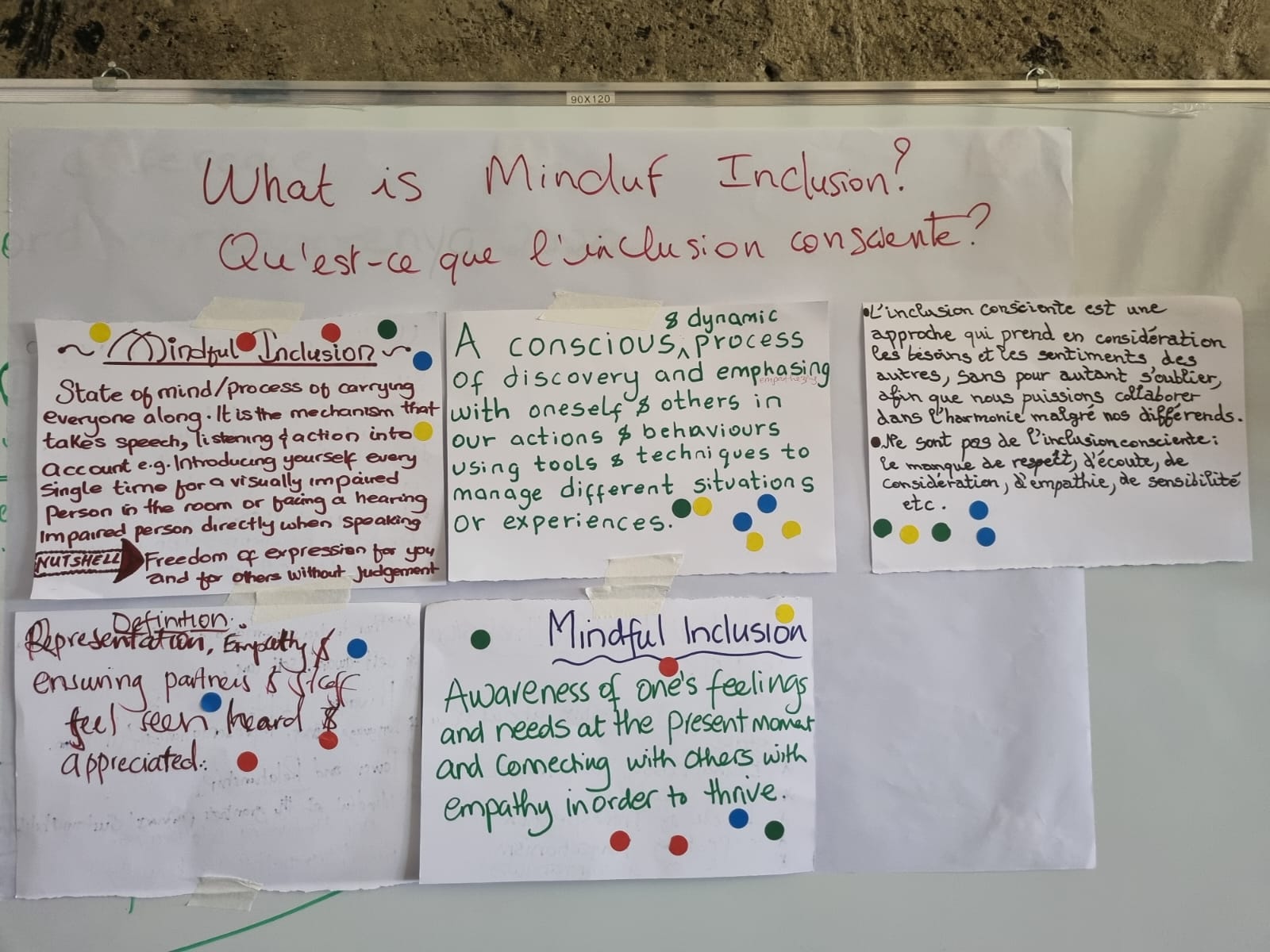Women who use drugs
I was one of them…
By Rosma Karlina, Women’s Program Coordinator, AKSI Keadilan Indonesia (Action for Justice Indonesia)
I used drugs. For over 20 years. Before I co-founded AKSI Keadilan (Action for Justice) Indonesia in 2018, I attended 17 drug treatment and rehabilitation programmes – most often against my will – and spent nearly two years in prison for a low-level drug offence.
And today? Today, I am the proud women’s coordinator at AKSI, an NGO that provides paralegal services to people who use drugs and other vulnerable persons in efforts to expand access to justice in Indonesia. I also work as a paralegal, providing legal assistance for women and children involved in drug cases in the city of Bogor in West Java, Indonesia since 2006.
My story is not unique, yet it is powerful.
I share it in the first episode of a new podcast series Reality Bytes: On Drugs in Southeast Asia jointly produced by UNAIDS and the International Drug Policy Consortium.
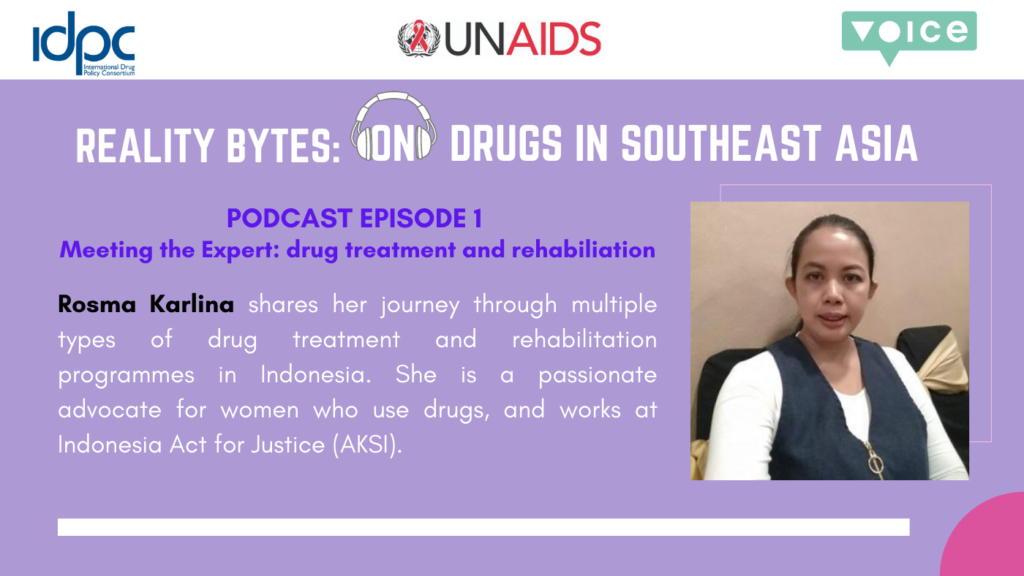
“They bound my arms [and] my legs to a tree and they tied me. I tried to get them to let me out because it hurt…I’m not a bad person. I just need help with my addiction. But they didn’t listen.”
Rosma
My varied and often negative experiences with drug treatment options in Indonesia highlight a human rights issue of urgent concern across much of Asia. Many drug treatment facilities across Asia detain so-called “patients” against their will, lack access to basic health care services, including harm reduction and HIV treatment, and may face torture, sexual violence, and other inhumane treatment. Such facilities can be severely overcrowded, with many failing to provide basic voluntary evidence-based drug dependence treatment that is in line with international standards of health and human rights. Earlier this year, twelve United Nations entities issued a joint statement calling for the immediate closure of compulsory drug detention and rehabilitation centres.
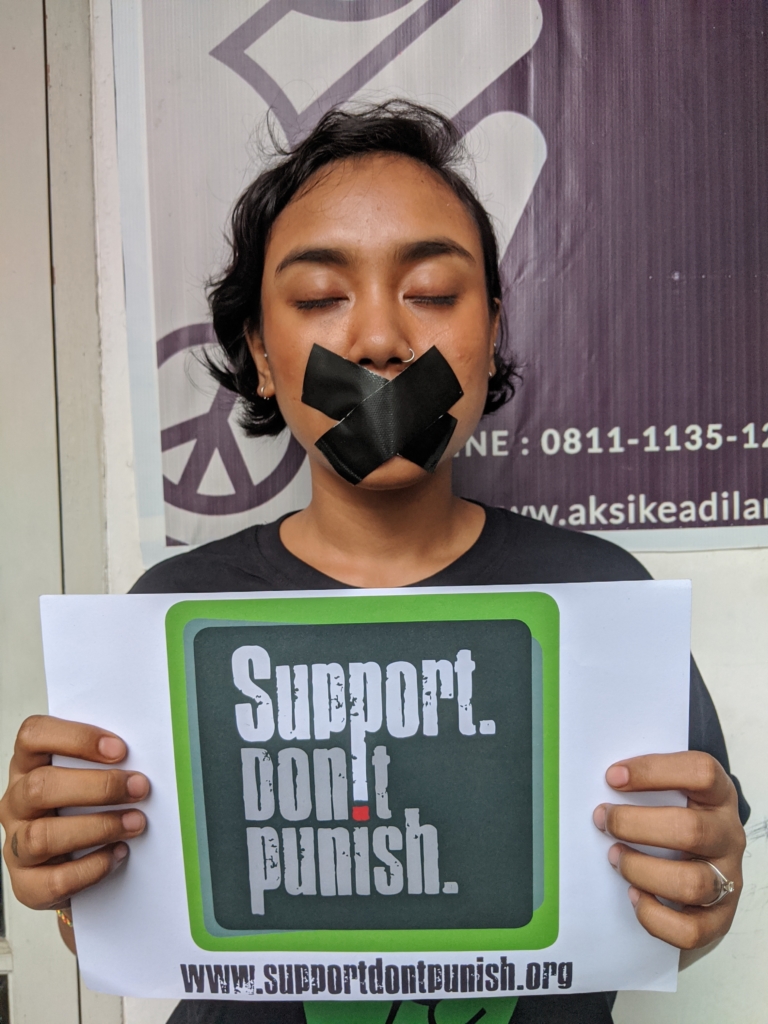
My current work, supported by Voice as part of the “Strengthening and empowering women who use drugs in Southeast Asia” (SPIRIT) project, focuses particularly on women who use drugs, who experience added violence, stigma, and discrimination compared to their male counterparts because their drug use is viewed as incompatible with their expected societal roles as “good” daughters and mothers. The SPIRIT project works in Indonesia, Philippines, Thailand, and Malaysia toward empowering women, including transgender women, who use drugs to establish and strengthen community-led networks and advocate for gender equality, legal rights, and drug policy reform.
In Indonesia, I recruited 20 women advocates with lived experience who are new to community organising across six cities in Indonesia. Over the past year, along with my colleagues at AKSI, we have provided women with training on leadership, drug policy advocacy, and gender-transformative approaches, as well as regular opportunities for mutual support and encouragement. The women advocates are now working on advancing relevant issues in their respective cities, from providing support services for women who use drugs immediately post-release from prison to expanding access to women-friendly harm reduction services, including voluntary community-based drug treatment services tailored to the needs of women who use drugs.
My story represents hope for many women who use drugs that find themselves in punitive and humiliating circumstances.
“I didn’t have any support from people close in my life like my mother, my father, my brother, and my community. I’ve been focusing on women who use drugs because I have had a bad experience and I don’t want anyone to go through the bad experience as I did.”
Rosma
Through my work with AKSI and the SPIRIT project, I hope to contribute to a different narrative – one of courage and resilience – and ultimately, to improve the quality of life for women who use drugs.

